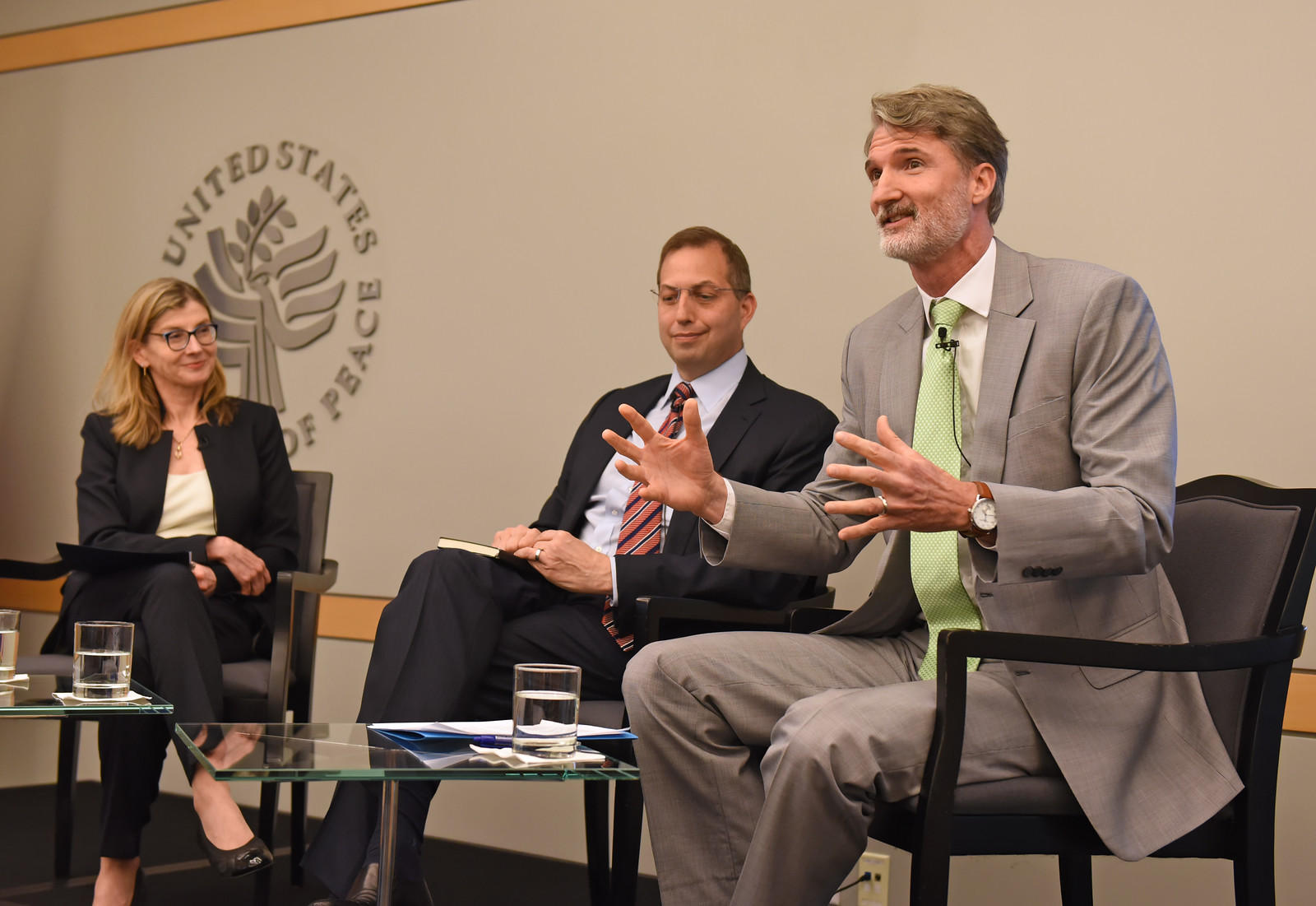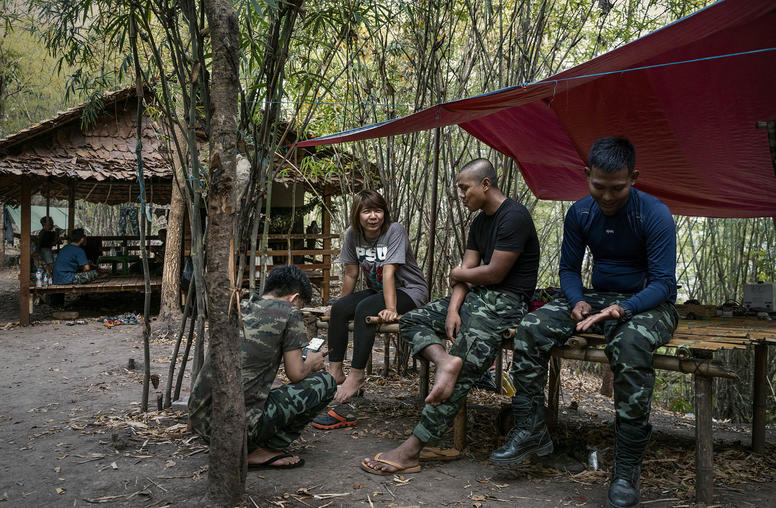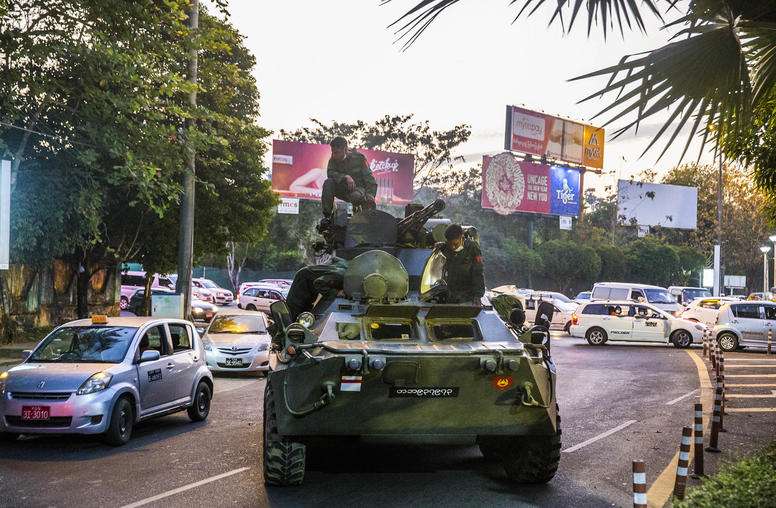Supporting Burma’s Transition to Democracy
The Role of Diplomacy and Development
Read the Event CoverageBurma’s evolution away from five decades of military rule has offered the United States its most significant opportunity in years to engage with the country’s people and government in the pursuit of democracy, development, peace, and human rights. In countries undergoing political transitions, U.S. policy coordination, decision-making and traditional development tools often struggle to keep pace with the challenges. Experts and U.S. officials discussed lessons learned recently in Burma, also known as Myanmar—and of ways they may be applicable to the U.S. role in similar environments.

Five years after Burma began its political transition the National League for Democracy (NLD) of Aung San Suu Kyi won an overwhelming victory in parliamentary elections in November. A few weeks ago, the country swore in President U Htin Kyaw as its first non-military, elected chief executive in 54 years. Suu Kyi, who is constitutionally barred from becoming president, will lead in government in the newly created position of “state counsellor.” Still, the military will retain control of the powerful defense, home affairs and border affairs ministries and a quarter of the seats in parliament. To consolidate its transition, the country will need continued support from the international community.
As the United States has engaged with Burma’s transition, U.S. officials say their agencies have worked in close coordination, with a "one post, one mission" approach that could offer a successful model for use in other transition environments. A panel of officials and experts discussed how this integration of diplomacy and development work has helped expand the U.S. government’s impact in Burma and provided support to the November 2015 elections and the transition toward democracy. Continue the conversation on Twitter with #BurmaTransition.
Speakers
Nancy Lindborg, Moderator
President, USIP
Jonathan Stivers, Opening Remarks
Assistant Administrator of the Bureau for Asia, USAID
Chris Milligan
Former Mission Director for Burma, USAID
Ambassador Derek Mitchell
Former Ambassador to Burma
Patrick Murphy, Closing Remarks
Deputy Assistant Secretary of State for Southeast Asia



